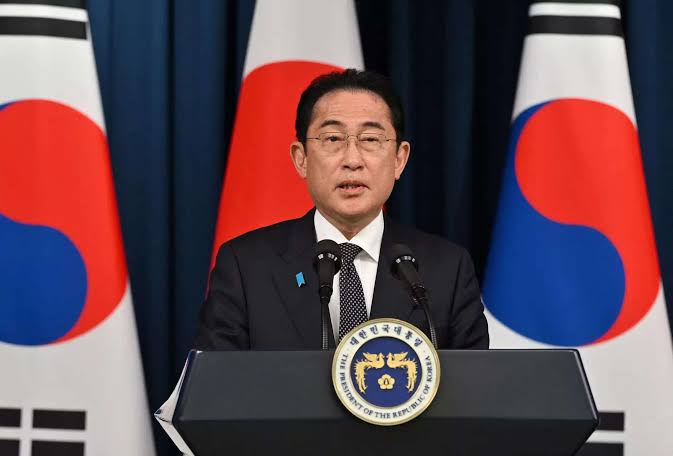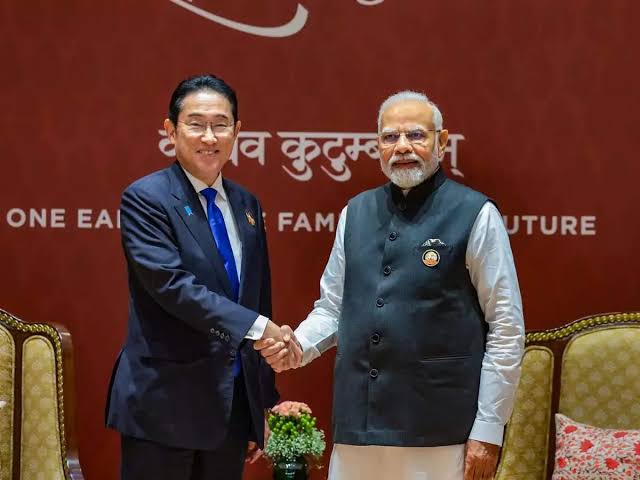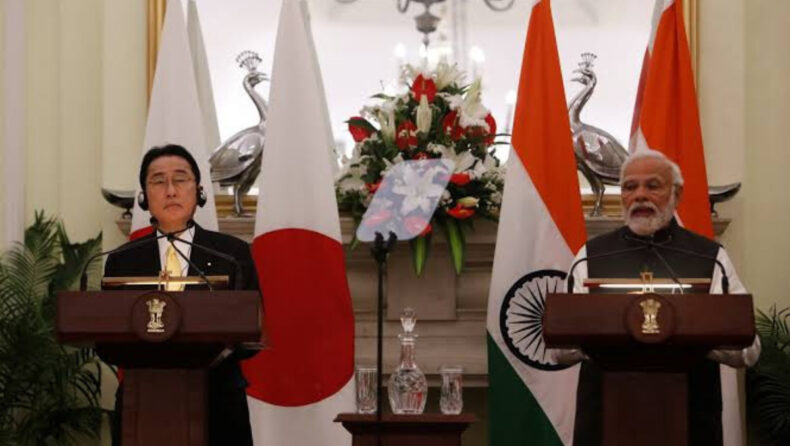In the ever-evolving landscape of global economics, Japan is taking a significant step forward as Prime Minister Kishida spearheads efforts to simplify investment rules. This article explores the rationale behind this initiative, its potential impact on Japan’s economy, and what it means for investors worldwide. We also delve into recent discussions between Prime Minister Kishida and India’s Prime Minister Modi, shedding light on their bilateral Indo-Pacific partnership.
Table of Contents
The Current Investment Scenario in Japan
Japan has long been considered a hub for international investments, offering a stable and developed market. However, navigating through the complex regulatory framework has been a challenge for many foreign investors. Prime Minister Kishida recognized the need for change and has set out to streamline the investment process.
Simplifying Regulations
Cutting Through Red Tape
One of the key aspects of Kishida’s plan is to reduce bureaucratic hurdles that have deterred investors in the past. This includes simplifying paperwork, reducing processing times, and enhancing transparency in regulatory processes. Importantly, during a recent meeting with Prime Minister Modi, Kishida raised concerns about the regulatory framework for Japanese investments in India, emphasizing the importance of addressing this issue.
Encouraging Foreign Direct Investment (FDI)
To boost Japan’s economy, Kishida aims to attract more foreign direct investment. This involves revising rules to make it easier for foreign companies to establish a presence in Japan, potentially leading to increased job opportunities and economic growth.
Competing on a Global Scale
By simplifying investment rules, Japan aims to compete more effectively on the global stage. This will not only benefit foreign investors but also encourage Japanese companies to expand their operations internationally. Prime Minister Modi and Prime Minister Kishida, during their meeting at the G20 Summit, expressed their eagerness to enhance cooperation in connectivity, commerce, and other sectors, emphasizing the importance of this bilateral partnership.

Strengthening Economic Ties
Kishida’s initiative seeks to strengthen economic ties not only with India but also with other international partners. During their discussions, the two leaders reviewed the status of the Mumbai-Ahmedabad bullet train project, highlighting the commitment to this ambitious endeavor. They also emphasized the need for a free and open Indo-Pacific region, aligning their strategic interests in the context of a rapidly evolving global economy.
The Bay of Bengal Trilateral
In a move that underscores the depth of Japan’s commitment to the Indo-Pacific region, the two countries decided to widen their partnership by involving Bangladesh in a trilateral collaboration. Japan is constructing a deep-sea port in Bangladesh that would link Northeast India with Southeast Asia via the Bay of Bengal. This ambitious project not only enhances connectivity but also bolsters economic prospects for the region.
The Investor’s Outlook
Investors worldwide will likely see this initiative as a welcome change. Easier investment rules mean more opportunities to explore Japan’s market potential, diversify portfolios, and tap into the nation’s technological innovations. Moreover, Japan’s commitment to improving the investment climate is a testament to its dedication to fostering strong international partnerships.
While the streamlined regulations offer benefits, investors must still exercise due diligence. Understanding the nuances of the Japanese market and its unique business culture remains essential for success. Additionally, staying informed about the evolving Indo-Pacific partnership dynamics will be crucial for investors looking to capitalize on the opportunities presented.
Conclusion
Prime Minister Kishida’s quest for easier investment rules is a promising development not only for Japan but also for the global investment community. This initiative holds the potential to usher in a new era of economic growth and collaboration. As the world watches, Japan invites investors to explore its opportunities with open arms, while its partnership with India and Bangladesh heralds a new dawn of connectivity and prosperity in the Indo-Pacific region.














